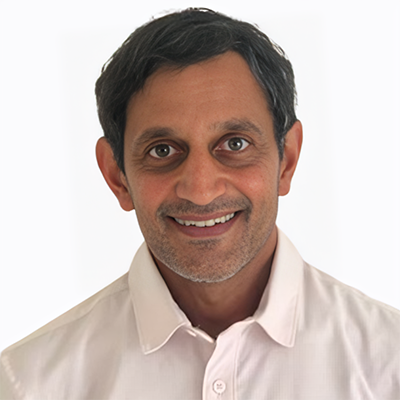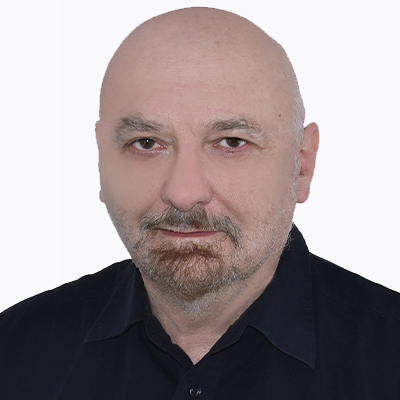A negative MHQ score suggests a serious mental health condition. Here’s what to know and how to get help.
Negative scores on the MHQ (Mental Health Quotient) indicate that you may be dealing with, or at risk for, a serious mental health condition. Left unchecked, this could lead to serious life consequences, and could even be life threatening. It is important to seek help. Here are some potential underlying causes of a negative mental wellbeing score:
- A genetic condition that’s impacting your functioning
- Harmful medication side effects
- An underlying neurological issue
- Consequences from an accident, such as a head injury
- Life Trauma
These are just some possible issues that may lead to a negative score. However, only a professional who completes a full assessment can say for sure.
It is important to seek medical help
A qualified mental health professional can often help you manage, reverse, or eliminate problems. However, even when aware of serious problems, many people don’t visit a mental health provider at all, perhaps due to fears, avoidance, stigmas, or lack of resources. In fact, 44% of people who are in a clinical or at-risk category report that they haven’t asked for help. Unfortunately, this means that challenges may get progressively worse over time.
Clinical mental health challenges can be debilitating and often require exploring multiple options and sustained management. What works for one person may not work for another. However, many do find that accessing medical support is well worth the effort. In the U.S., more than 40% of people have attended counseling, and one in six take some type of psychiatric medication. Many people have caught on that we can’t always get better alone. Here are some ways that professional help can make a difference:
- Preventing complications. Some mental health issues can progress into addiction issues, suicidal behaviors, aggression, or isolation. A qualified professional is familiar with these areas and can help treat or prevent problems.
- Diagnosing medical conditions. As noted, sometimes mental health issues may have a physical cause. Identifying a possible underlying issue and treating it could be life-saving.
- Improving quality of life. A negative MHQ may be measuring what you already know—that life can be a struggle. This can be further complicated by recent world events. A qualified mental health provider can help you treat, manage and in some cases even eliminate psychiatric issues. This often leads to improved relationships, life satisfaction, and increased ability to identify and meet life goals.
See related posts – Understanding Mood and Outlook and What is Social Self?
Warning Signs that Require Immediate Help
While finding a doctor or counselor is key to addressing mental health issues, there are some cases that you shouldn’t wait for an appointment, and instead take action right away. These include:
- A sudden change in mental status. If you’ve noticed a recent or sudden change in mental status, or others have noticed and commented on it, you should call your doctor or emergency services right away. This can be a warning sign of something more serious, but seeking help immediately can make a difference.
- Thoughts of suicide or self harm. If you’ve been thinking about harming yourself or committing suicide, you’re not alone. Many people have these thoughts, however they’re not something to deal with on your own. Contact your local emergency services, or visit here to contact the Suicide Prevention Lifeline. You should also contact your doctor, a therapist, or other mental health services in your area for long-term support.
- Thoughts of harming others. Similar to suicidal thoughts, some people occasionally have thoughts of wanting to harm others. This can also be a sign of mental illness, or even a medication side effect, and you should contact your doctor or a local therapist right away for help to work through it. If you have an immediate plan to harm someone, contact your local emergency services.
Options for Professional Support
If you’re not dealing with an immediate danger, then the next step is to make a medical appointment. Here are a few options to choose from:
- Talk to your primary care doctor. Your doctor can assess your situation, treat physical conditions and risks, and refer you to an appropriate specialist.
- Make an appointment with a psychiatrist. Psychiatrists and other qualified medical professionals may be able to prescribe medication if appropriate, or refer you to another specialist. This can seem scary, but remember one in six people in the U.S. alone take psychiatric medication, so this is not uncommon, and can make a big difference. You might also explore online psychiatry options, such as Telepsychiatry, which are more cost effective.
- Make a therapy appointment. Many therapists can provide a full mental health assessment and either help you with a treatment plan or refer you to a doctor or specialized counselor.
If you don’t have access to local professionals, you may be able to get help through telehealth services. In the U.S., you can call the SAMHSA (Substance Abuse and Mental Health Services Administration) Helpline at 800-662-4357.
While it can be frightening to access help, know that you’re not alone, and that acting now can improve your life.


















